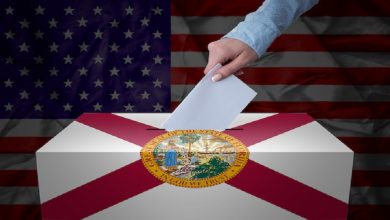Illinois Gaming Board: What It Is, How it Works and Why It’s Important
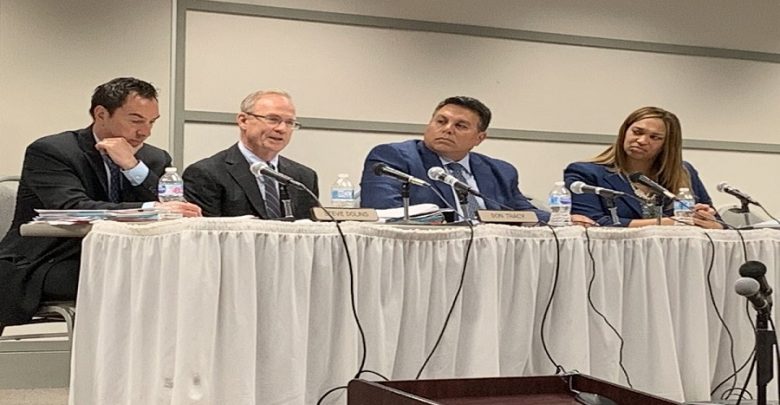
Illinois is gearing up for one of the most extensive gambling expansions in the state’s history, with major changes happening across both land-based casinos and online gambling, through Illinois Gaming Board.
As it stands, there are only ten physical casinos dotted across the state, but the State Senate recently passed a gambling bill that will set the stage for Illinois to become Midwest’s gambling capital.
Already signed into law by Gov. JB Pritzker on June 28, the so-called bill SB 690 (Illinois Gambling Act) will allow the state to offer licenses to six new casinos, marking a record increase in legal gambling in the Land of Lincoln.
The expansion package will not only establish the biggest casino in the Midwest in Chicago but also introduce legal sports betting throughout the state. The other five casinos will be fairly small and will be located mostly in southern suburbs.
The whole expansion process is not going to be without challenges. After all, this is something that a series of Chicago mayors and Illinois politicians have been attempting to pull unsuccessfully for long.
Moreover, a recent report concluded that the “onerous” tax regime will be a huge hurdle for private investors looking to perk up the expansion. As such, the enormous task of making sure that the entire expansion goes smoothly sits squarely on the shoulders of the able Illinois Gaming Board.
This begs the question: what is the Illinois Gaming Board? How does it work, and what is its mandate?
Here’s what you should know about the Illinois Gaming Board, including what it will impact as well as the future of gambling in the state.
What is the Illinois Gaming Board?
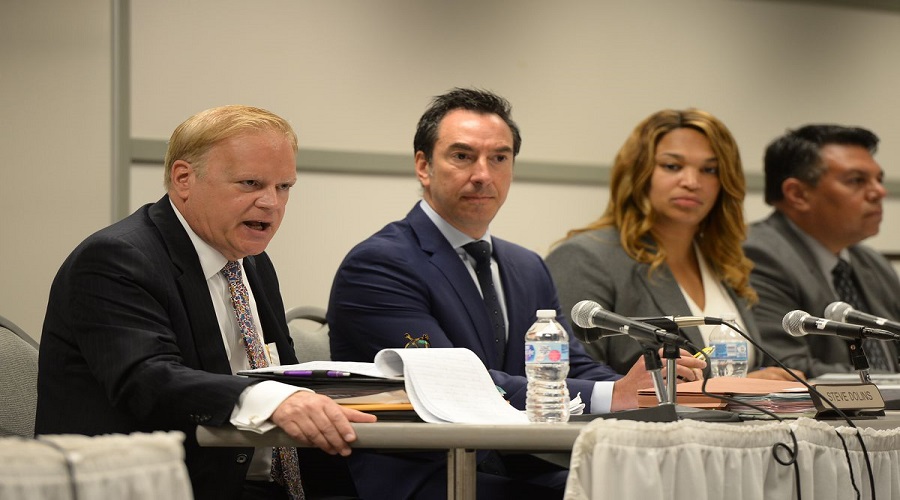
The Illinois Gaming Board (often shortened IGB) is a 5-member, governor-appointed board that was set up to act as regulatory oversight of video gaming, casino gambling, online gambling, riverboat gaming, and sports betting in the state of Illinois.
The board was originally instituted to oversee the tax collection and regulatory aspects of video gaming and riverboat casino gambling in the State.
As we’ve mentioned earlier, there are ten riverboard casino licenses currently issued by the state. Since 1991, these riverboard sites have operated under the watchful eye of the IGB.
It wasn’t until July 2009, however, that the state passed the Video Gaming Act. This allowed for the establishment of a maximum of 5 video gaming terminals (VGTs), which have since then been overseen by the IGB, too.
What is the Mandate of the Illinois Gaming Board?
At the very core, IGB is a regulatory body for all gambling activities across the state of Illinois.
Under the recently enacted Illinois Gambling Act, IGB’s mandate includes:
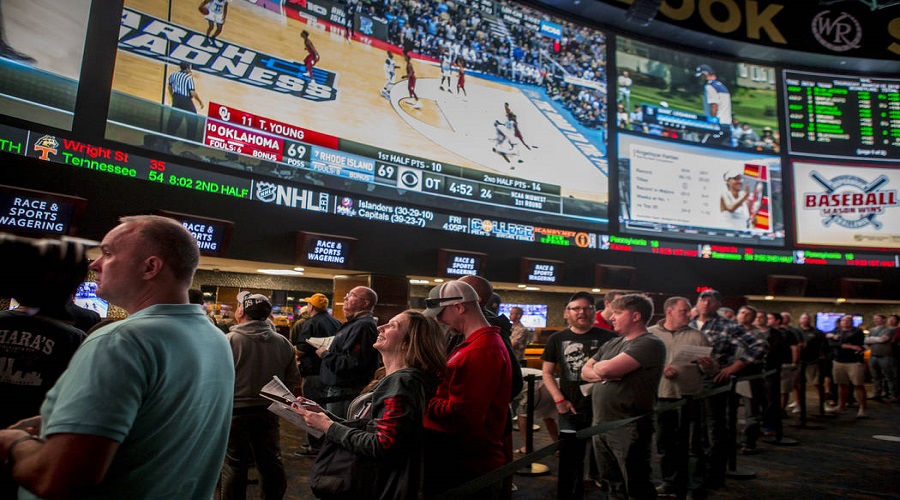
(a) Oversight of the Sports Wagering Act: the IGB will oversee all kinds of sports betting in the state, except for the lottery pilot program which is under the umbrella of the Illinois State Lottery. Along with general oversight, the board is also granted by the law to assess licensing applications and duly award all licenses to do with sports wagering in the state.
It will also determine what sports bets might be off-limits when requested by relevant stakeholders (such as the NFL, NBA, etc.), as well as whether operators will be allowed to share wagering data with respective leagues. In some cases, the board will be the final word when it comes to whether official data is needed for in-play sports betting.
The Act gives the Board the authority to issue sports betting licenses in 6 various categories: 1) central system provider, 2) tier-2 official league data provider, 3) management services provider, 4) supplier, 5) occupational, and 6) master sports wagering (for operators of racetracks, casinos, online operators, and sports facilities).
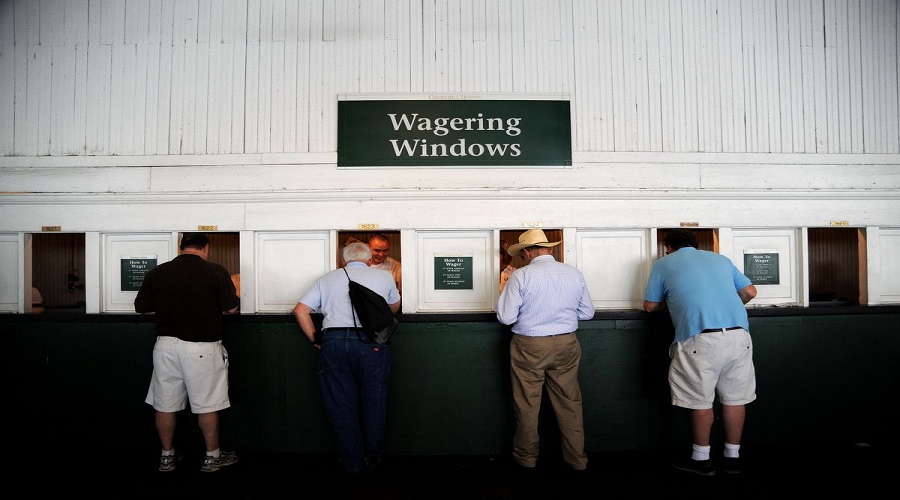
(b) Horse Racing Wagering: Section 230 of the Horse Racing Act was changed to give IGB the mandate to oversee the licensing aspect of horse racing act. In that respect, all racetracks in the state will have to apply to IGB for new gaming licenses and renewals.
The so-called gaming positions at each licensed racetrack is restricted to 1,200 within Cook County, as per Illinois Gambling Act. To that end, it’s the job of the board to recall unused positions and give them to other racetracks that need them.

(c) Determining Scope of Licensing: Whether it applies to sports betting, casino gambling, riverside gambling or video gaming, the Board is authorized to determine the scope of licensing. The IGB may rescind or allow outside licensing as evidence that the operator meets the gambling act requirements.
Ultimately, the licensing scope should be accompanied by the release of data from all directors and executives of an operator, supplier, etc.
(d) Helping with Investigations: Licensees may be required by the Board to relay real-time sports wagering data to the IGB. The Board may also require licensees to share the data with sports governing bodies that are carrying out investigations. If that is the case, the board will require the affected licensees to share any violation of the Gambling Act, unusual betting, and any breach of sports wagering protocol.

(e) Riverboat and Casino Gambling Regulation: This is the ultimate mandate bestowed upon the Illinois Gaming Board. In other words, all commercial gambling sites, whether online, physical or riverboard casinos, which hold a license with the IGB must adhere to the Gambling Act and other laws. It’s the responsibility of the Board to ensure the same.
On a similar note, the Board will review licensees’ applications and therefore issue licenses to new and existing gambling establishments. In the next few months, for instance, the IGB will have to issue licenses to six new casino sites.
Note, however, that the board will only recognize applicants that have been assessed by county authority/board of the hosting municipality. The licensee must have negotiated with the host community and greed in good faith on the specific location of the casino. The Board may also seek help from a consultant to carry out feasibility studies.
A crucial part of the Board’s work is to make sure that the license holders understand the law, as well as ensure that they are compliant with the Gambling Act, codes of practice and with the license terms and conditions.
The Board also works closely with the governor’s office, other regulators, and with agencies like the state taxman and the police.
The New Leadership
With unprecedented gambling expansion on the way, the Board has its work cut out for it. As of the close of 2018, the IGB had a staff of 235 employees, but 35 new employees are planned to be hired under Gov. Pritzker’s current budget. This will bring the board’s budget to around $162 million for fiscal year 2019.
As we’ve stated earlier, the IGB consists of five board members:
Charles Schmadeke
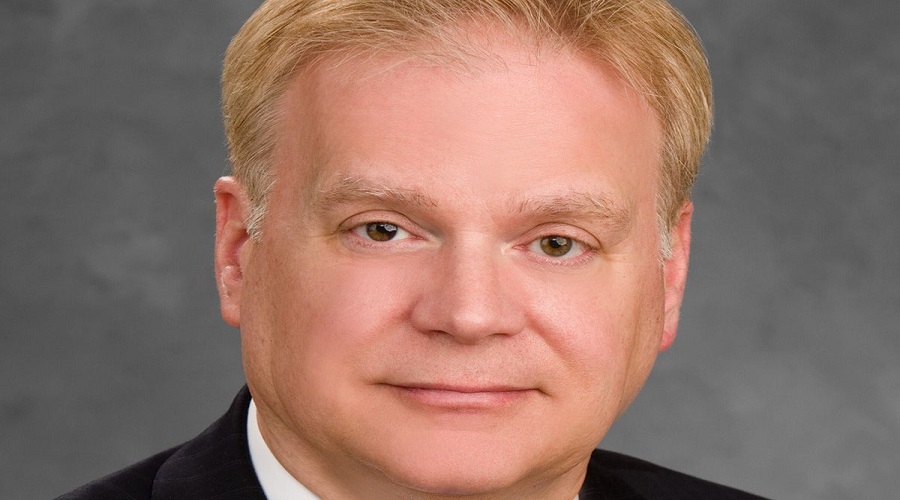
Charles Schmadeke is at the helm of Board, which means he’s the chair and the face of this agency that’s tasked with supervision the state’s biggest gambling expansion in history. He’s a Springfield lawyer in heading Hinshaw & Culbertson LLP.
Schmadeke has an experience spanning over two and a half decades practicing administrative, mediation and litigation law. In his colorful career as a lawyer, Schmadeke has represented both government and business clients in mediation and lawsuits, including litigations involving tort claims, regulatory issues, civil rights matters, and employment defense. In fact, he’s spent nearly 20 years offering diligent advice behind the scenes to top brass in Illinois government on a diversity of matters, ranging from fiscal to governance issues.
Previously, he held a senior position in Illinois state government. And before that, he was the General Counsel to the State Comptroller, a position in which he offered advice on fiscal, statutory and constitutional matters.
Charles Schmadeke also served as the Chief of the General Law Bureau for the Illinois Attorney General, a position he held diligently for more than a decade. He was in charge of a staff of 21 attorneys, all whilst handling many high-profile cases including those involving employment, professional regulation and civil rights matters.
As you can see, the chairman brings a great deal of experience and wealth of knowledge to the board. No wonder he’s often referred to as “Chip” Schmadeke. Charles has the grit, the ethical sense, toughness, and he’s smart enough to oversee the entire gambling expansion.
Talking of education background, the board chair graduated with Bachelors from the Northern Illinois University before getting a law degree from the John Marshall Law School.
Steven C. Dolins
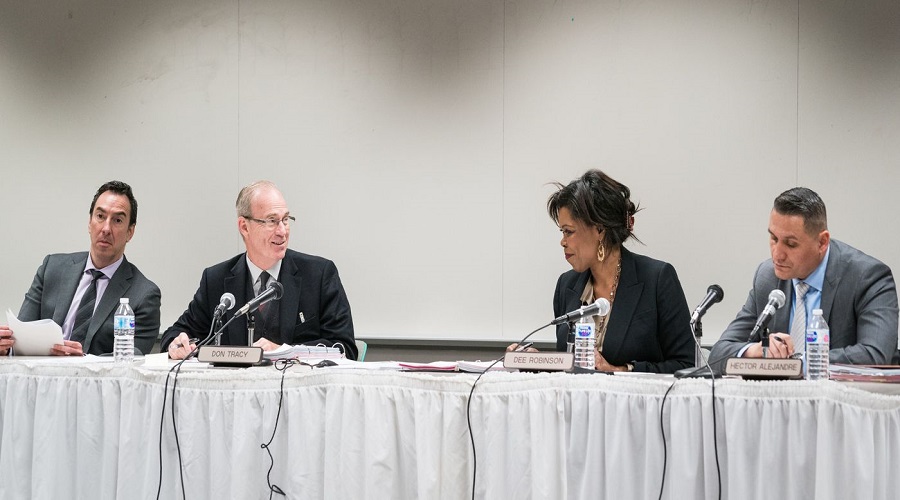
A leading partner at the Dolins Group and a CPA, Steven Dolins was appointed to the IGB on May 9, 2016, by former Gov. Bruce Rauner. With Finance & Accounting degree from the University of Illinois, Dolins offers legal counsel on matters related to personal and business tax returns, tax planning strategies, and payroll & sales taxes.
Sergeant Ruben Ramirez, Jr.
Sgt. Ramirez, Jr. has been with the Chicago Police Department for over 28 years, and he’s part of the station’s Special Functions Helicopter/Marine unit.
He began his career as a patrol officer with the 9th District, and made his way up to become the group trainer of the Bureau of Organized Crime unit,
After becoming a sergeant in 2001, Sgt. Ramirez has served in the Legal Affairs/ Superintendent office, worked as a supervisor in the Office of Risk Management, and had two stints with the Narcotics unit.
When it comes to training and education, Sgt. Ramirez has plenty to bring to the table. He’s not only a certified ILETSB instructor but also holds a certification as an EMT and a BS in Law Enforcement Management.
Besides IGB, Sgt. Ramirez is also a member of the International Undercover Officers Association, and the Professional Association of Dive Instructors (PADI), International Law Enforcement Educators and Trainers Association (ILEETA), and the Illinois Drug Enforcement Officers Association (IDEOA).
Anthony Garcia
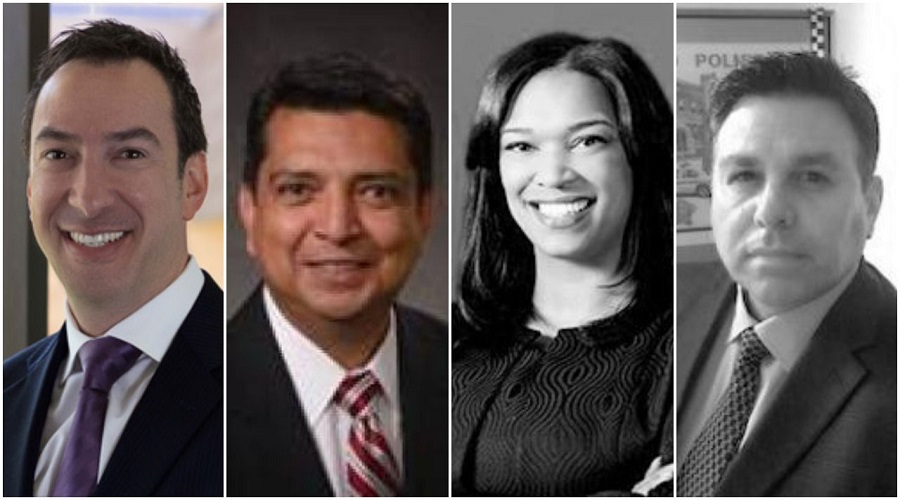
Anthony Garcia is a huge addition to the Board. Currently a senior counsel at The Boeing Company, Mr. Garcia is responsible for all investigations and litigation at the firm. He is also in charge of supervision and conduction of internal investigations related to Anti-Kickback Statute, the Foreign Corrupt Practices Act, False Claims Act, and a plethora of other statutes.
Before joining Boeing, Garcia worked as the deputy US Attorney in Illinois’s Northern District. He has also served in various positions at the US Department of Justice for over 7 years, including 5 years as a trial lawyer for the Internal Affairs Office. Previously, he worked as a deputy of the State’s Attorney’s Office in the Cook County, as well as a CIA analyst.
He is an International Studies graduate from the University of Wyoming, where he also received his Juris Doctor.
Dionne R. Hayden
Ms. Hayden is the current Employee Relations and Assistant Vice President at CNA Insurance Company. She is a prominent corporate lawyer with experience spanning more than 14 years. Her area of specialty is corporate investigations, especially those having to do with ethics, embezzlement, fraud, policy and compliance violations.
She started her law career as a corporate litigator at the Chicago office of McGuireWoods LLP, and later Miller Canfield, PLC. Ms. Hayden has been recognized by the American Society of Legal Advocates as a “Top 40 Labor and Employment Attorney under 40 in Illinois.”
The University of Pittsburgh graduate attained her law degree from Emory University School of Law.
How Will It Impact Gambling in Illinois
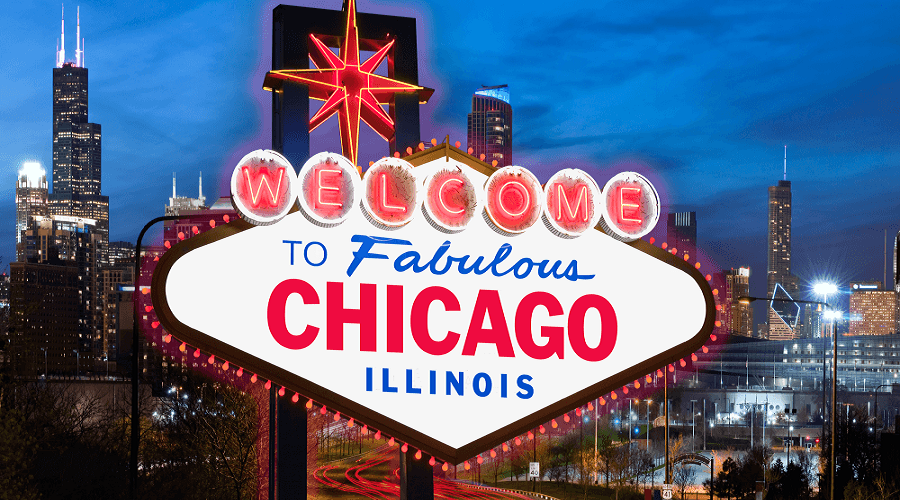
The IGB was instituted to help foster legal gambling in the state, and make sure that it churns more revenue to go to good use. With the smart minds on the Board, gambling in the Land of Lincoln is about to experience unprecedented changes.
First of all, a mega-casino is slated for Chicago City, boasting over 4,000 gambling positions. Even though its exact location has not been decided, the Old Main Post Office, McCormick Place, and the Old Michael Reese Hospital are potential sites. The proceeds from this super casino would be split three ways among private owners, the state, and the City of Chicago.
Four smaller casinos will be installed in the southern suburbs of Williamson County, Danville, Rockford, and Waukegan.
The last one will be located in any of the 6 south suburbs of Cook County – namely Worth, Thorton, Rich, Calumet, Bremen, or Bloom Township. These latter five will add 9,200 positions, bringing the total of casino gambling positions in Illinois state to 25,200.
Remember, the existing 10 riverside casino sites can each have up to 1,200 gaming positions. However you look at it, the expansion is huge for the state gambling industry.
In terms of revenue, the IGB expects that the expansion will bring a one-off windfall of $2.7 billion to the state coffers once it is fully implemented. This is the revenue anticipated from all kinds of existing, new and expanded gambling positions, including video gaming, sports wagering, as well as the riverside and casino gambling.
It’s estimated that expanded gambling will generate another $470 million in every subsequent year.
More specifically, the expansion is forecast to generate around $360 million from gambling position fees, application charges, and one-time license fees in 2020.
Other income streams include new casino bids which are expected to bring in from $200-$300 million for each of the six new licenses. That means additional $1.2 billion – $1.8 billion for Gov. Pritzer to spend on revitalization.
Revenue collection will also improve with time. According to the IGB predictions, the state will collect one-time payments amounting to approximately $630 million by the year 2023. Even more exciting is that increased table games and slot machines will bring in additional $17 million and $170 million respectively.
The Future of Gambling in Illinois

With the recent enactment of the Gambling Act, the future of gambling in Illinois is brighter than ever. When the expansion pack is implemented in its entirety, the number of gambling positions – the number of seats available for gambling in casinos, racing tracks, etc. – will jump from 44,000 to close to 80k. No wonder some pundits are touting Illinois as the future Nevada of the Midwest.
If things go as planned, Illinois could have a gambling industry thrice the size of any of its neighboring states. With 4000 gaming positions, the Chicago mega-casino along will be 3x bigger than any of the existing ten casinos in the state.
Don’t forget that the casino expansion will touch on online casino gambling, and will also make sports wagering legal. The Sports Betting Act will authorize players to place their bets within a 5-block radius of a sporting venue with a capacity of at least 17000 seats. The Board will likely issue 7 or more licenses for big sporting venues across the state.
The state of Illinois could beat other Midwest states like Indiana and Ohio by far when it comes to not only gaming positions but also the number of casinos. Indiana had 13 casinos in 2017, while Ohio and Iowa each had only 11 and 19 respectively, according to the American Gaming Association.



